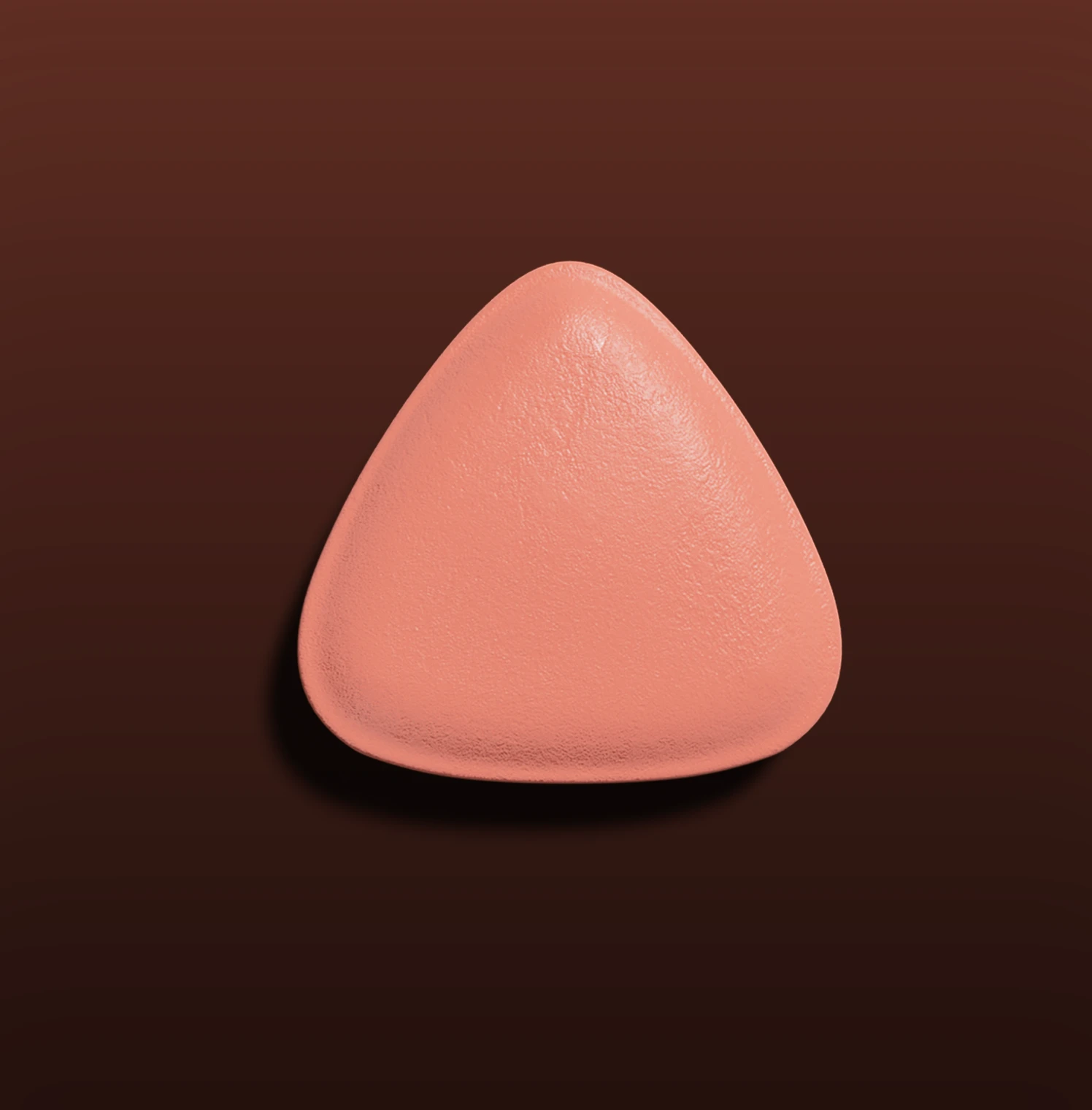Contents
Did you know the average time people spend having sex is shorter than your morning coffee run? According to research, most people average three to 13 minutes between the sheets.[1]
Here’s the kicker, though...
For many, the quality of the connection with your partner and the overall satisfaction are just as important as the duration of sex. While the average time for intercourse might vary widely, issues like premature ejaculation (PE) or other sexual challenges can complicate things.
How long does sex usually last?
A 2005 study in the Journal of Sexual Medicine found that the median time heterosexual couples spent having sexual intercourse was just over 5 minutes.
But perception and reality often differ. A 2020 survey revealed that many people feel sex should ideally last 20 to 30 minutes, even though most couples clock far less time in the sheets.[2]
Another study categorized the average duration of intercourse into ranges, highlighting that 3 to 7 minutes was “adequate,” while 7 to 13 minutes was “desirable.” [1]
In other words, the perfect amount of time spent having sex is largely subjective.
Factors that affect the length of sex
There is no universal stopwatch dictating the ideal duration of intercourse. Still, several factors can influence how long sex lasts, including:
Age
Health
Mental State
Relationship Dynamics
Substances
Testosterone levels and libidos naturally fluctuate with age, which often leads to decreased sexual stamina. Factors such as cardiovascular health, weight, hormone balance, alcohol consumption and stress levels also play a role.[3]
Relationship dynamics can also impact sex. New couples often experience shorter sex sessions because of heightened arousal and anticipation, whereas long-term partners might prioritize connection over duration.
How to last longer during sex
Lasting longer in bed isn't black and white. While there's no one-size-fits-all solution, there's no shortage of tried-and-true methods to extend your endurance. Here are five proven tactics for prolonging intimate moments:
1. The start-stop technique
A method for lasting longer in bed, known as the "start-stop technique," involves pausing stimulation when you feel close to climax. It allows the arousal to decrease long enough to catch your breath and trains your body to control ejaculations better.[5]
2. Pelvic floor exercises
Strengthening your pelvic floor muscles can improve stamina and delay orgasms. Contract, hold the muscles used to stop urination and watch your sexual endurance improve over time.[5]
3. Mindfulness and controlled breathing
Performance anxiety can shorten your time in the sack. Practicing mindfulness techniques to calm your mind and maintain focus is essential. Use controlled breathing to stay in the moment.[6]
4. Changing positions & pacing
Manage the urge to purge by pacing yourself or switching positions before ejaculation. Prevent early ejaculation by slowing down and being mindful.[5]
5. Using high-quality premature ejaculation medications
PE medications can also provide an extra boost to your bedroom ballgame by increasing blood flow, reducing performance anxiety, increasing ejaculatory latency and helping you stay in control when it matters most.
How to finish more quickly
Guess what? There’s no shame in a good quickie. Quick sexual encounters can be a fun and healthy part of a relationship. If time isn’t on your side, here’s how to keep things short and sweet:
Table the Foreplay: Skip elaborate foreplay and dive right in when you’re both ready.
Get Creative: Try stimulating new activities, settings and scenarios that trigger excitement.
Play the Classics: If you and your partner have go-to positions — lean into them.
How to improve your sexual performance
Great sex doesn't require perfection — just a healthy dose of curiosity, selflessness and confidence.
And no matter what you’re doing (or not doing), there’s always room for improvement. Think of it as fine-tuning a life skill: the better the effort, the better the reward. Enhance each experience by prioritizing communication, focusing on holistic wellness, trying new things and investing in the right tools.
High-quality erectile dysfunction and premature ejaculation treatments can help address some of the physical and mental barriers holding you back. Bring your best to the bedroom with tools that support endurance, control and mutual satisfaction.
Sex shouldn’t be about fitting into a timeframe or chasing arbitrary standards. The trick is to understand your needs and recognize your limits, then satisfy one and break the other. It starts with acting and exploring what works best for you.
Redefine what it means to finish like a champion, stay in the moment and seek professional support when needed.
Sources:
[1] Canadian and American Sex Therapists' Perceptions of Normal and Abnormal Ejaculatory Latencies: How Long Should Intercourse Last? (2008). The Journal of Sexual Medicine, 5(5), 1251–1256. https://doi.org/https://doi.org/https://doi.org/10.1111/j.1743-6109.2008.00797.x
[2] Nakajima, K., Nagao, K., Tai, T., Kobayashi, H., Hara, H., Miura, K., & Ishii, N. (2010). Duration of sexual intercourse related to satisfaction: Survey of Japanese married couples. Reproductive Medicine and Biology, 9, 139-144. https://doi.org/https://doi.org/10.1007/s12522-010-0049-2
[3] Why do I have low sex drive? (2024, December 9). https://doi.org/https://www.ncoa.org/article/why-do-older-adults-lose-their-libido
[4] Obesity Action Coalition. (2021, October 15). Men: Is obesity affecting your sex life? Obesity Action Coalition. https://doi.org/https://www.obesityaction.org/resources/men-is-obesity-affecting-your-sex-life
[5] InformedHealth.org. (2022, September 23). Premature ejaculation: Learn more – What can I do on my own? Institute for Quality and Efficiency in Health Care (IQWiG). https://doi.org/https://www.ncbi.nlm.nih.gov/books/NBK547551/
[6] Pyke, R. E. (2019). Sexual performance anxiety. Sexual Medicine Reviews, 8(2), 183–190. https://doi.org/https://doi.org/10.1016/j.sxmr.2019.07.001





